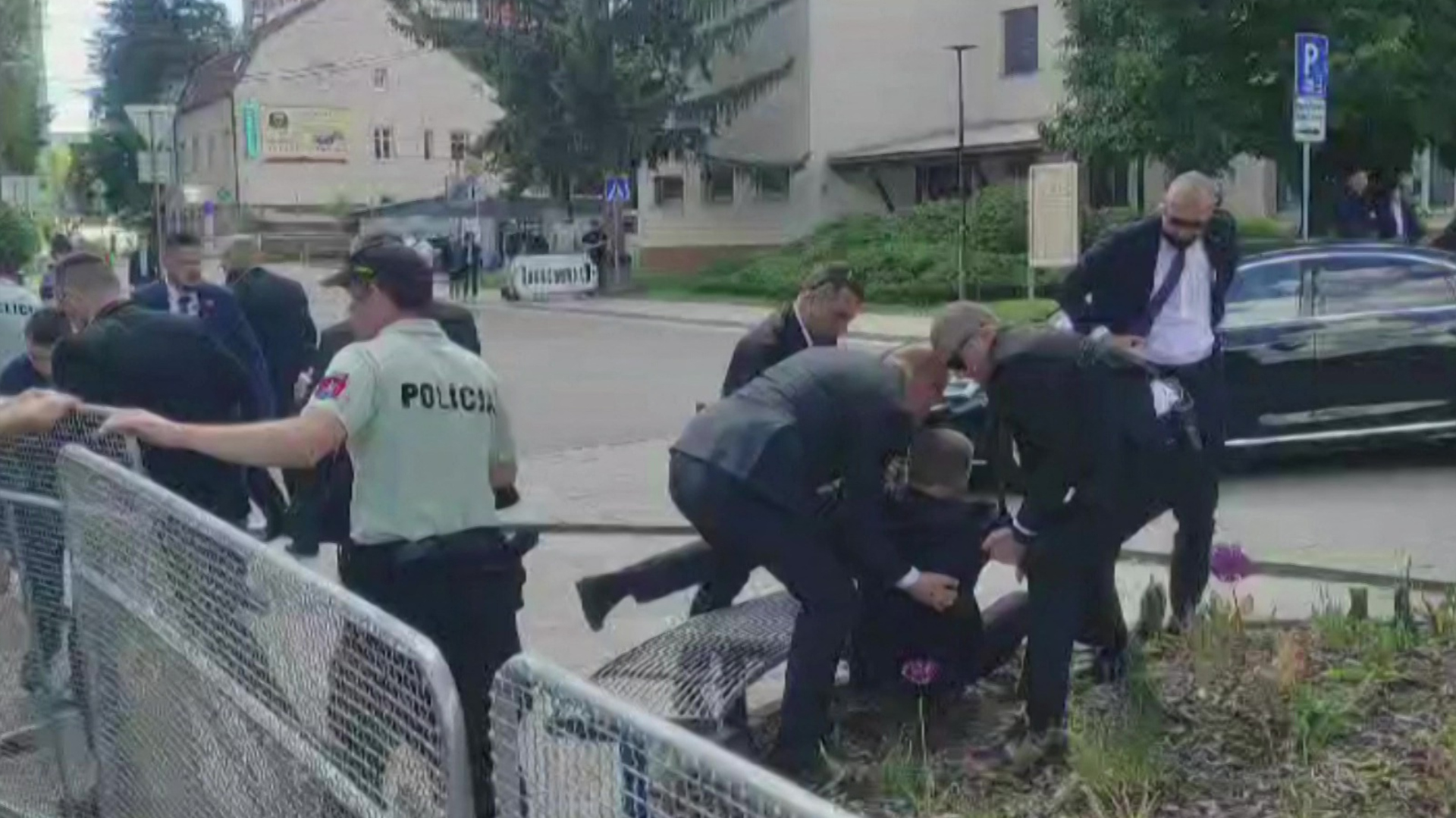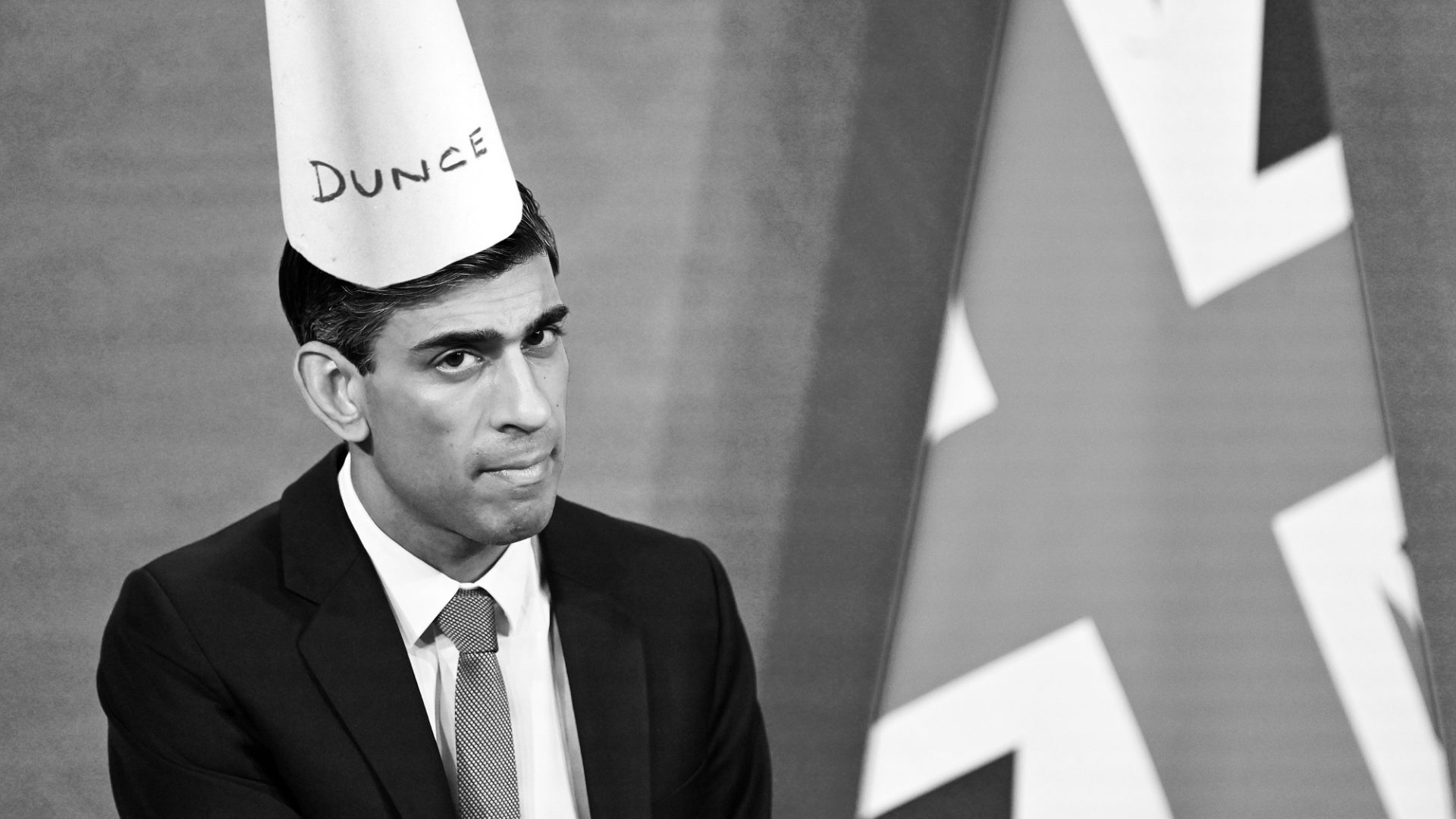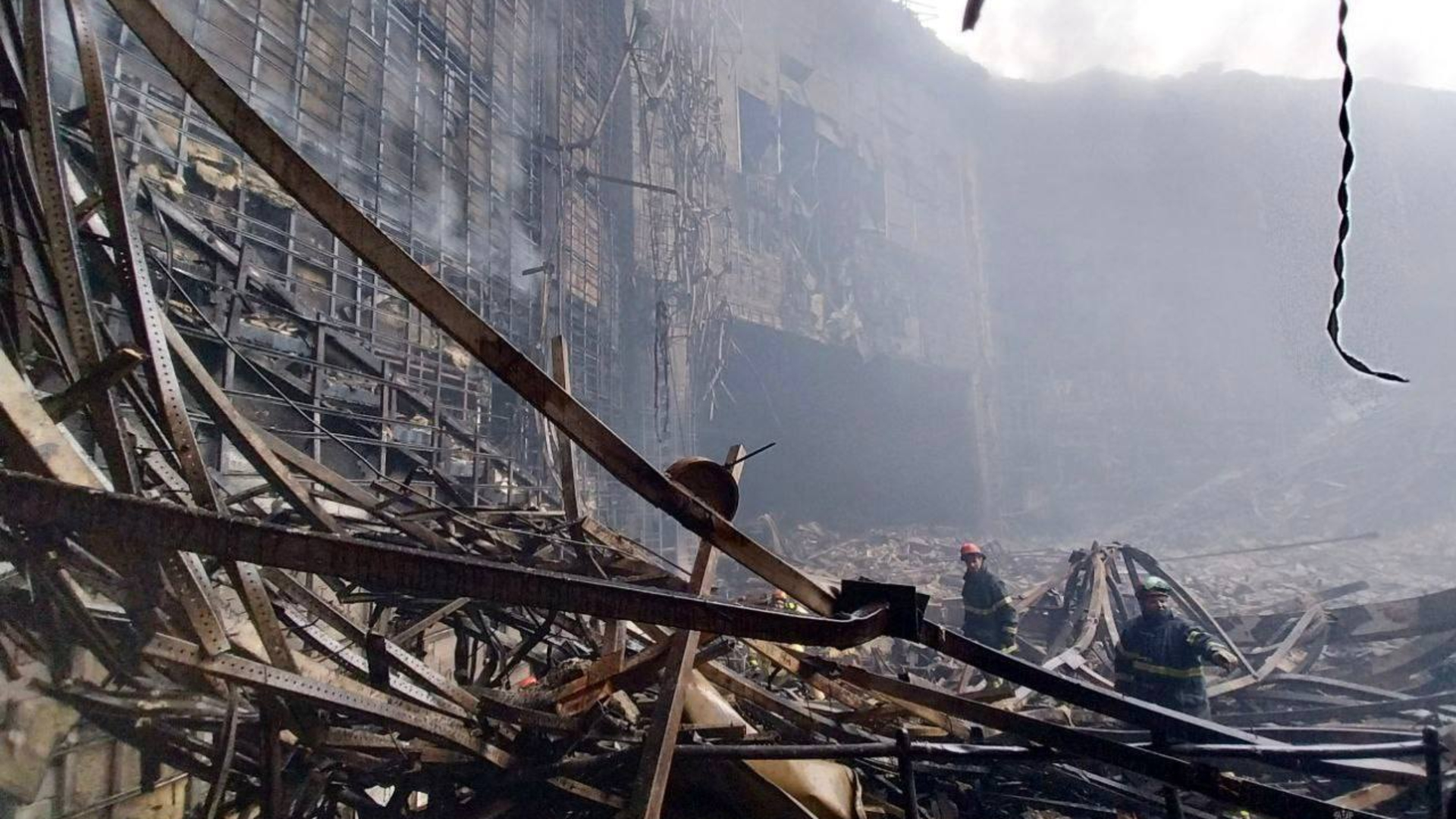It looks as if our prime minister, Robert Fico, will live after the May 15 attempt on his life. But uncertainty remains – this time for the future of Slovakia itself.
A 71-year-old pensioner named Juraj Cintula, from the south-western town of Levice, is accused of putting five bullets into Fico after the PM attended a government meeting in Handlova, in the centre of the country. We have all been studying the leaked police video, in which he appears calm while expressing his discontent with government policies relating to the media and the public broadcaster RTVS, as well as criminal justice reforms. If convicted, he faces 25 years in jail.
Slovakia was not a happy place even before the assassination attempt – but now it’s become the kind of place where you watch what you say over the phone. We are a divided country, in many ways because of Fico and the kind of politics he represents. Since the shooting, the debate over responsibility for our political division has become even worse.
He may be an out-and-out populist with a penchant for Russian-style authoritarianism, but Fico does have political antennae. He himself had previously issued a warning in a video released only a few weeks ago, expressing concern about the growing animosity towards the government.
Fico claimed then that this frustration could potentially lead to the murder of a prominent government official, emphasising that this was not an exaggeration. Those words now seem unsettlingly prescient.
It has been a long time coming – the political discourse in Slovakia has been decaying in recent years, leaving the nation deeply polarised and fractured. From the murder of the investigative journalist Ján Kuciak and his fiancée in 2018, to the Covid-19 pandemic and the ensuing cost of living crisis, the anti-LGBT terror attack in downtown Bratislava to the war in Ukraine (Slovakia’s eastern neighbour), the country has faced huge challenges.
Fico – a prominent politician for more than three decades – and many of his allies have been accused of exploiting these difficulties in order to stoke a growing sense of political division.
It’s not a new approach – Fico’s predecessor, the conservative-leaning prime minister Igor Matovič, also encouraged and exploited polarisation.
When the shocking news of the assassination attempt was announced in the Slovak parliament, furious arguments immediately erupted between MPs.
The political fracturing of the country was made starkly evident on live television when Ľuboš Blaha, a controversial vice-chair of Fico’s Smer party, delivered a wild accusatory speech, immediately attributing blame for the shooting to the media, journalists, and to the political opposition.
The nationalist leader Andrej Danko called for increased restrictions on the press and political opponents. He declared that the shooting was “the start of a political war”.
Then something changed. Perhaps realising the extreme danger of the moment, and the huge significance of what had occurred, on the day after the attempt on Fico’s life both politicians toned down their rhetoric and joined others in calling for calm.
The visibly shaken leader of the opposition PS party, Michal Šimečka, issued a statement urging all politicians to avoid ratcheting up tensions, stating “this is a time for reconciliation, not for new attacks”.
President-elect Peter Pellegrini, representing the government Hlas party, and the current president, Zuzana Čaputová, who is originally from the opposition Progressive Slovakia (PS) party, jointly addressed the nation in a televised statement.
They not only condemned the attack and expressed hope for Fico’s speedy and full recovery, but also called for national unity and an end to the hateful rhetorical discourse that has arisen in Slovak politics.
In her statement, the outgoing president, Čaputová, said: “We stand together to signal understanding during this tense moment. This attack is not only a human tragedy but also an assault on democracy.” She urged all politicians to temper their rhetoric and strive to do better in future, recognising that political hatred was a collective work. Pellegrini, for his part, emphasised that Slovak citizens, not armed assassins, hold the power to shape the country’s destiny.
“Each citizen has the option to bring calm, peace, and unity to our society,” he asserted. According to Pellegrini, a collective effort was needed to stop such events from recurring, and he called for all political parties to suspend or at least mute their campaigns ahead of the forthcoming European elections.
Robert Kaliňák, vice prime minister and minister of defence, could potentially lead the government in Fico’s absence. “Perhaps, just as Mr Fico’s serious injury may necessitate learning anew, our democracy will also need to learn how to walk again,” said Kaliňák.
Juraj Marušiak, a political scientist and historian, has suggested that while opposition leaders have responded adequately, certain coalition politicians must follow suit. Marušiak proposes that a joint statement from all party leaders would be a prudent step, but worries that the situation could be exploited to introduce legislation restricting media freedom and civil society.
Not everyone wants calm to prevail. Some people have praised the attack on social media. The police have pledged a thorough investigation into any hateful speech. Officials have also requested that the media mute all public discussions related to the shooting.
And therein lies the problem – as Marušiak points out, this atmosphere of political conflict did not arise suddenly; the division and the hatred have been brewing in Slovakia for years, and bringing it to an end will be challenging. The country’s situation, he says, represents “a failure of political elites on both sides”.
Might things improve? All parties have pledged to tone down their rhetoric and move towards some form of reconciliation.
Slovakia now stands at a critical juncture, a moment of national importance of the kind it has not felt since the end of the cold war.
The next few weeks will reveal the direction in which the political elites and society are heading. Most will hope for a path towards healing and stability. But that is far from guaranteed.



